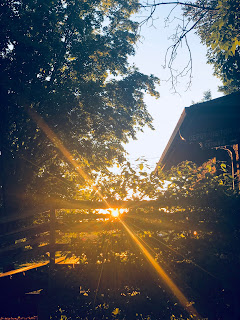This week’s topic prompted us to think of our favorite things to do and to think about the ways in which this informs and inspires our research and academic pursuits. Reflecting back on my upbringing, many of my most influential memories have some kind of relationship to the passions that I choose to pursue in my life now.
My dad is a visual artist and I was raised with the role of his studio assistant. Together, we would draw, paint, think and create. Growing up with those values and traditions at the core of my childhood, I have learned to see the world through thoughtful and creative lens. I have a studio art minor at the University of Vermont, where I primarily focus on relief printmaking, paper making and drawing.
If I am unable to create things in a studio space, I translate those ideas into the way I process the places around me through note taking. I wouldn’t consider myself a journaler, but rather someone who processes the people I meet, the books I read, the stories I hear and the sights I see by recording them on paper. My notebooks are filled with memorable quotes, big words that I have yet to fully understand, pamphlets, photos, feathers and sketches. I bought a new notebook for my time here working in the LAKES project. It started as a strictly “research” notebook, but quickly turned into a collection of observations, thoughts and histories of the area. Having a notebook solely dedicated to my experiences here has been extremely helpful in gaining a better and more holistic view of the cultural and physical landscape around me.
Spending time with my family is one of my most valued and favorite things to do. I am proud to be an aunt, a sister and a daughter. The familial support network I have has also shaped the way I strive to learn about the lives of others. This interest in making connections with people has largely informed my academic interests and pushed me towards the social sciences, particularly human geography, where I have the opportunity to listen to people’s individual narratives and work to understand the formation of communities and places.
With the gathering of family, comes the sharing of meals. I love to cook and spend time in the kitchen with my friends and family. My love for food has translated itself into my interest in studying food systems, farm-to-table initiatives, principles of food sovereignty and better understanding the reality of farmers. Together, all of my life experiences, passions, interests and the people who have informed the way I live my life have prompted me to follow what I love.






